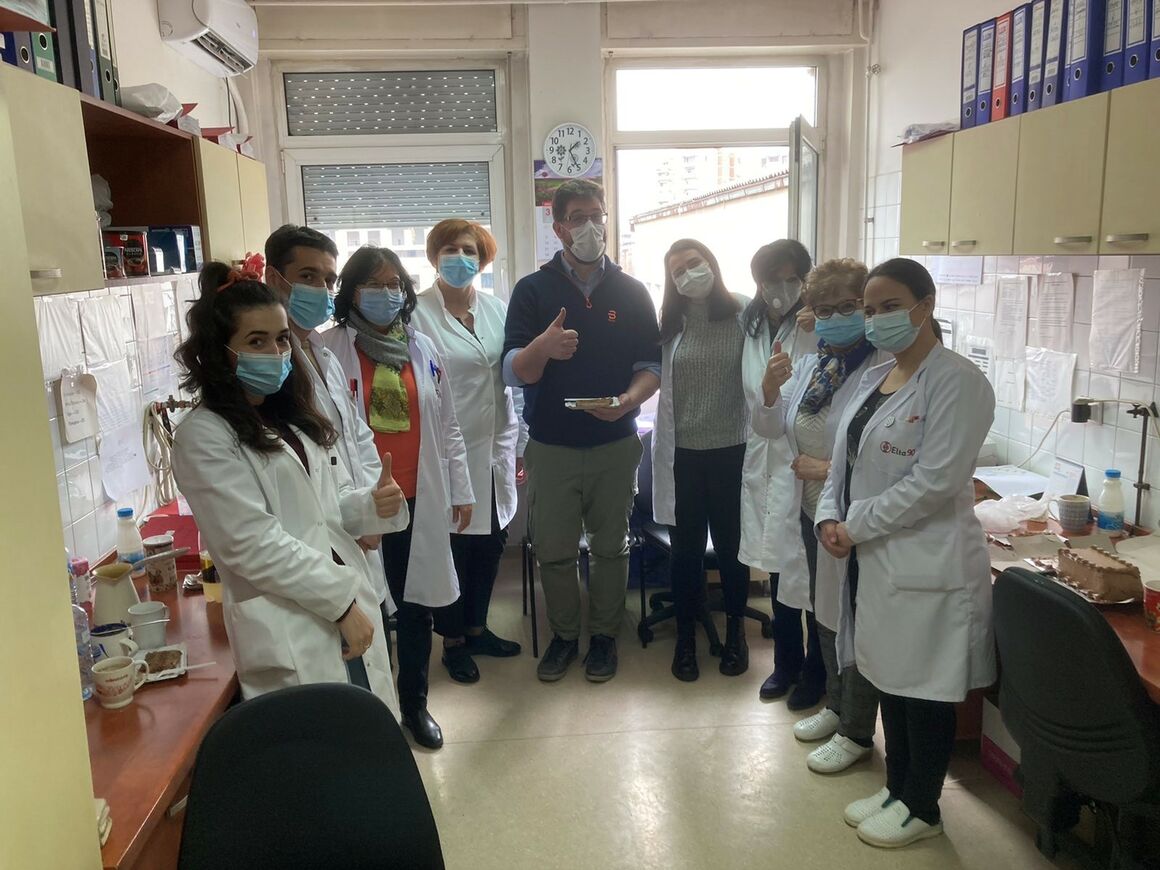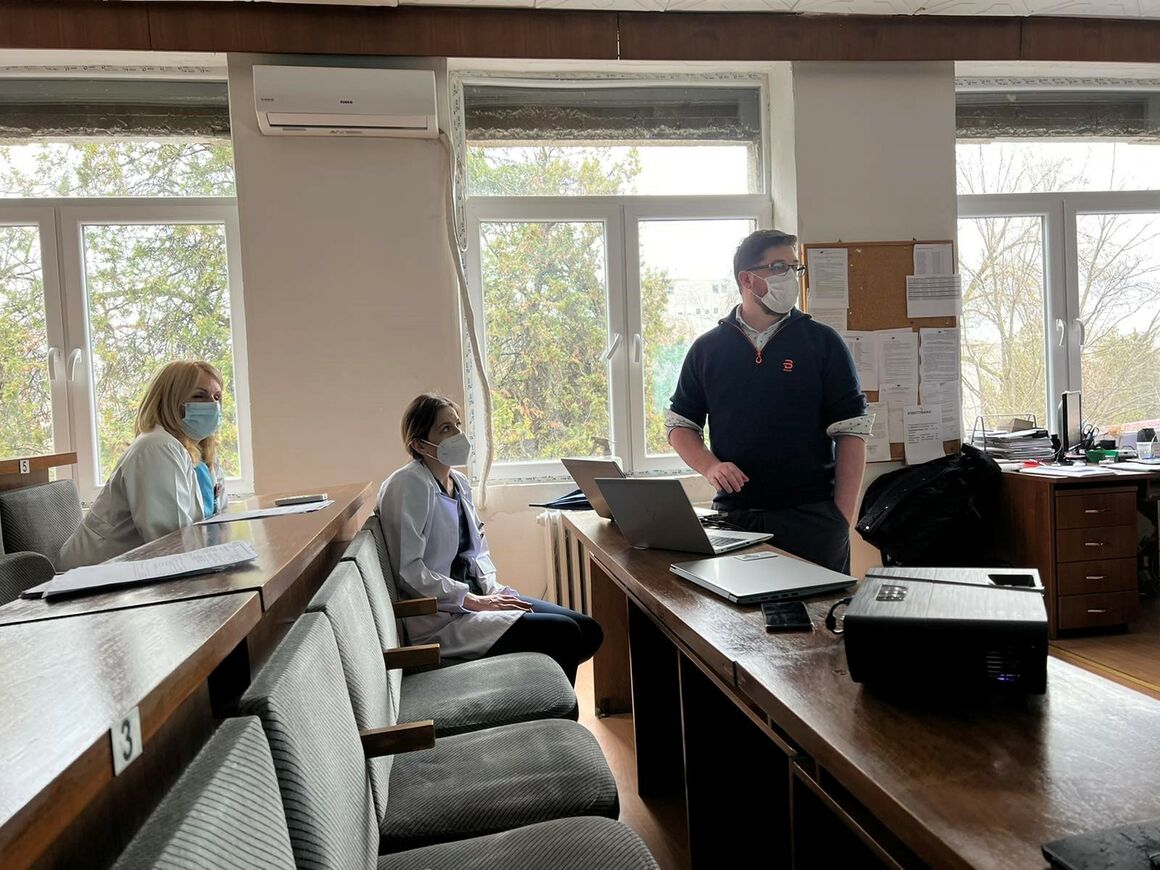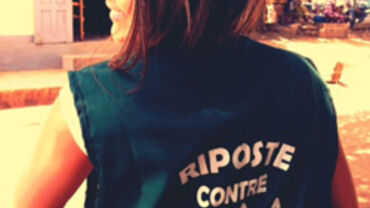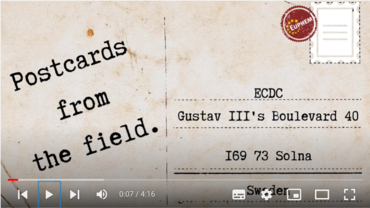Postcard from the field: Deployment during the COVID-19 pandemic: Supporting vaccine effectiveness study implementation in the Republic of North Macedonia
Postcard from the field by Andreas Rohringer, EUPHEM cohort 2020.

At the start of our fellowship in September 2020, it was clear that the SARS-CoV-2 pandemic was in full swing and that it would keep the EUPHEM cohort 2020 fellows and their training sites busy for the next years.
Although non-pharmaceutical interventions managed to keep the number of infected people manageable in most countries, true relief was expected with the impending vaccine rollout against SARS-CoV-2, at the end of 2020. To evaluate the real-world vaccine effectiveness, post-marketing authorisation for the approved SARS-CoV-2 vaccines, the World Health Organization (WHO) initiated and funded a multi-country study at the beginning of 2021. I volunteered for the Republic of North Macedonia. The study was conducted at sentinel hospitals involved in severe acute respiratory infections (SARI) surveillance; the effort was led by the national public health institute with the support of the WHO.
I was sent to the Republic of North Macedonia in early February 2022 to facilitate the study implementation on the ground. My duties included holding the joint WHO-Republic of North Macedonia team meetings, presentation of the study, training the hospital and laboratory staff, and supporting the implementation of questionnaires, quality control and data analysis.

During my deployment, I was constantly supported by the WHO Regional Office for Europe with information and resources. I also had access to the head of the infectious disease epidemiology section in the Republic of North Macedonia to develop the study. By the time I left, all sentinel hospitals involved had started reporting cases to the study. After that, I supported the study remotely.
My deployment coincided with the peak of the SARS-CoV-2 BA.1 (Omicron) wave. Although this posed challenges for us, such as, the availability of epidemiological and hospital staff involved in the study, it also allowed me to support the national team in analysing data on new COVID cases and disease severity.
As a trained virologist with diagnostic experience, the host site invited me to tour the laboratory and asked me to participate in the whole genome sequencing (WGS) laboratory procedures. This allowed me to see the SARS-CoV-2 sample workflow for diagnostic testing. I also worked with the local technical staff to establish some assembly and analysis routines for WGS data, which can be used for this study and beyond. I was impressed by the staff's diligence, commitment, workload and workflow. As a result, the laboratory could keep up testing for SARS-CoV-2 throughout the pandemic.
I enjoyed my deployment and given the opportunity; I would not hesitate to go again. These deployments enable the EUPHEM fellows to test their acquired skills in challenging environments. It was, without a doubt, the highlight of my fellowship. Thanks to the ECDC Fellowship and the cooperation with the WHO Regional Office for Europe, I gained valuable experiences and insights into field epidemiology and medical microbiology.






